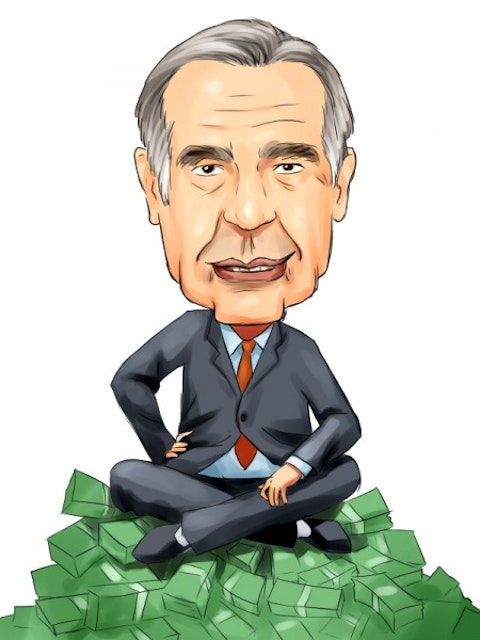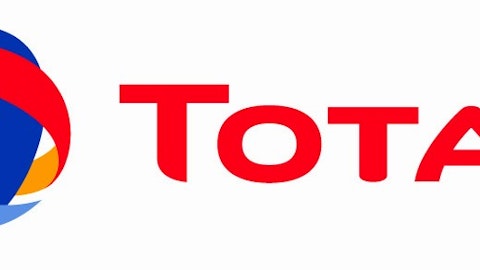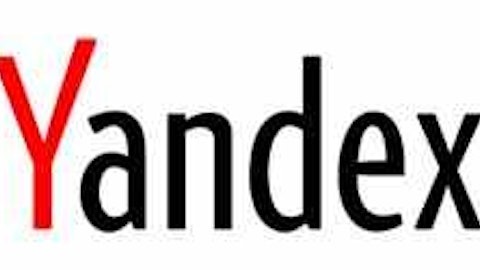At Insider Monkey, we track quarterly 13F filings from hundreds of hedge funds and other notable investors for a variety of purposes. For one, we’ve found that the data in these filings can be useful in researching investment strategies and have in fact discovered that the most popular small cap stocks among hedge funds tend to outperform the S&P 500 by 18 percentage points per year on average (learn more about our small cap strategy). Last summer we began publicly disclosing a portfolio based on this strategy in our quarterly newsletter; in the 11 months since that point, the stocks in our newsletter have returned 33 percentage points above the S&P 500 and 25 percentage points above the Russell 2000.
Another potential use for our database of hedge fund filings is to pick out these managers’ favorite stocks in a number of areas to help investors diversify their portfolio or otherwise identify initial ideas for further research. Read on for our quick take on the five most popular energy stocks among hedge funds which currently pay dividend yields of at least 4%.
With 51 of the filers we track reporting a position, Kinder Morgan Inc (NYSE:KMI) had come in seventh on our list of hedge funds’ favorite energy stocks overall (check out the full top ten list). The natural gas pipelines and terminals company has consistently increased its quarterly dividend payment for the past couple years, and currently pays a yield of 4.3%. Pipelines are seen as a potentially high growth industry as more oilfields and natural gas export facilities are developed in the onshore U.S. As a result Wall Street analysts expect high earnings growth from Kinder Morgan Inc (NYSE:KMI) over the next several years.

Another high yield stock which is pretty sensitive to oil prices is offshore drilling contractor Transocean LTD (NYSE:RIG), as offshore drilling is often more capital intensive and therefore is more dependent on prices during the production period to generate a good internal rate of return. Billionaire activist Carl Icahn (see Icahn’s stock picks) lobbied management to pay a high dividend earlier this year. While the company hasn’t been quite as aggressive with dividend increases as Carl Icahn hoped, the yield is still close to 5%. Analysts consider Transocean LTD (NYSE:RIG) a buy, with a five-year PEG ratio significantly less than 1.
38 hedge funds and other notable investors disclosed ownership of BP plc (ADR) (NYSE:BP) as of the end of June. At current prices and dividend levels, BP plc (ADR) (NYSE:BP)’s yield is 5.2% making it one of the higher yield names among oil majors. Of course investors in BP plc (ADR) (NYSE:BP) have to deal with legal concerns as well as the standard relationship with oil prices, but this seems to be quite an attractive yield. The stock also trades at a discount to many of its peers in earnings terms, with a valuation of only 8 times forward earnings estimates, and so might be worth considering as a potential value play.
Royal Dutch Shell plc (ADR) (NYSE:RDS.A) is another high-yield major, and one which is fairly popular among the investors we track in our database. In the second quarter of 2013 its revenue slipped slightly versus a year earlier, and with the company being a low margin business this contributed to a large percentage drop in net income. This has pushed the stock price down 7% in the last year against a rising market. At its current valuation the trailing P/E is only 9, though we would be concerned about the company’s recent performance and (as with BP) investors would have to look into the tax status of dividends.
Disclosure: I own no shares of any stocks mentioned in this article.





